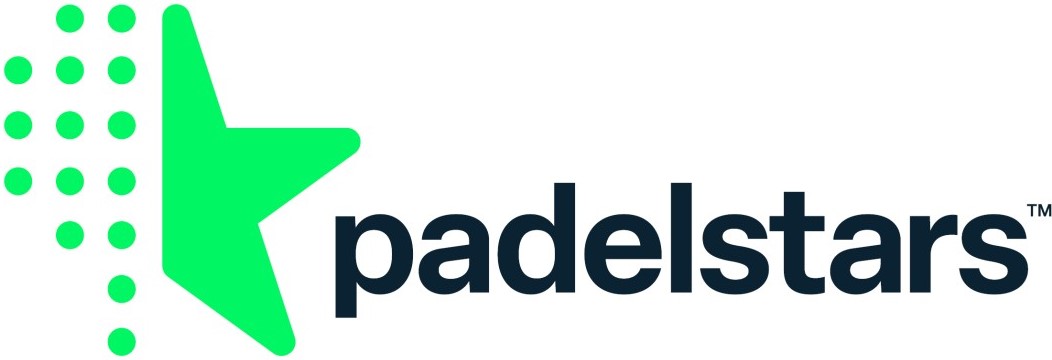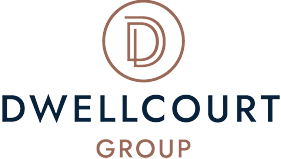Coronavirus: What is insolvency and are you approaching it?

Coronavirus (Covid-19) is having a major impact on businesses in all sectors around the UK. Law firm Barlow Robbins has put together a short guide to the law around insolvency, and how to assess whether a company, or individual, might be facing insolvency in these trying times.
What is insolvency?
Insolvency occurs when an organisation (or individual) has insufficient assets to pay its debts, and can no longer meet financial obligations to creditors as debts become due. This state of financial distress can arise from various situations such as poor cash management, a reduction in cashflow, or an increase in expenses. It is different to bankruptcy, which is the actual legal process dictating how an individual will repay their creditors.
There are various ways of ‘testing’ for insolvency under the Insolvency Act 1986.
Cashflow test
Under s123(1)(e) of the Insolvency Act, a company is deemed to be insolvent if it is unable to pay its debts as they fall due ('cashflow insolvency'). This test assesses the ability of a company to pay its debts as they fall due, or in the very near future. This is particularly important as an organisation can be deemed to be insolvent under this test even if it can pay debts that are due but not be able to discharge debts that will fall due in the reasonably near future.
Balance sheet test
Under s123(2) of the Insolvency Act, a company is also deemed to be unable to pay its debts if its assets do not exceed its liabilities, taking into account its contingent and prospective (upcoming) liabilities: this is known as 'balance sheet insolvency'. Therefore, if company liabilities exceed company assets, a company could possibly be on the verge of insolvency.
Debt to equity ratios
Companies also need to keep an eye on their debt to equity ratio, as the more debt a company has, the closer it may be to insolvency. If total liabilities are greater than total equity, the ratio will be greater than 1 which is a key indicator that more than 50% of the company's assets have been funded by debt - if this ratio grows larger every year, the company may be heading towards insolvency. If the debt to equity ratio is lower than 1 then the company is probably in a healthy state.
Why is this important?
If one or more of the above tests are failed, then the company will be deemed insolvent and directors can be held liable if a company continues to trade while it is insolvent.
Directors can be held liable for wrongful trading where:
- “They knew, or ought to have concluded that there was no reasonable prospect of avoiding insolvent liquidation”
- They did not take “every step with a view to minimising the potential loss to the company’s creditors”
Directors must be found to have acted reasonably and responsibly in the time preceding the company’s insolvency to such allegations. If found guilty they can be held personally liable for the company’s debts from the point they knew the company was insolvent, or possibly disqualified from being a director, fined or even imprisoned.
However, the Covid-19 outbreak has led to temporary easing; on March 28, 2020, the business secretary declared the government intended to suspend wrongful trading provisions and introduce a moratorium for businesses undergoing a restructuring process: in particular creditors will not be able to put a company into administration at that time so that companies cam trade through the current uncertainty and pay their employees and suppliers.
NB: directors’ responsibilities under the Companies Act 2006 still stand. This imposes a general duty on every director to act in a way they consider in good faith and likely to promote the success of the company for the benefit of its shareholders. In particular, s.172 CA 2006 applies where a company is close to insolvency and requires directors to consider the interests of creditors.
For advice on steps you can take if your company is facing insolvency, contact David Foster at [email protected] or on 01483 464243














